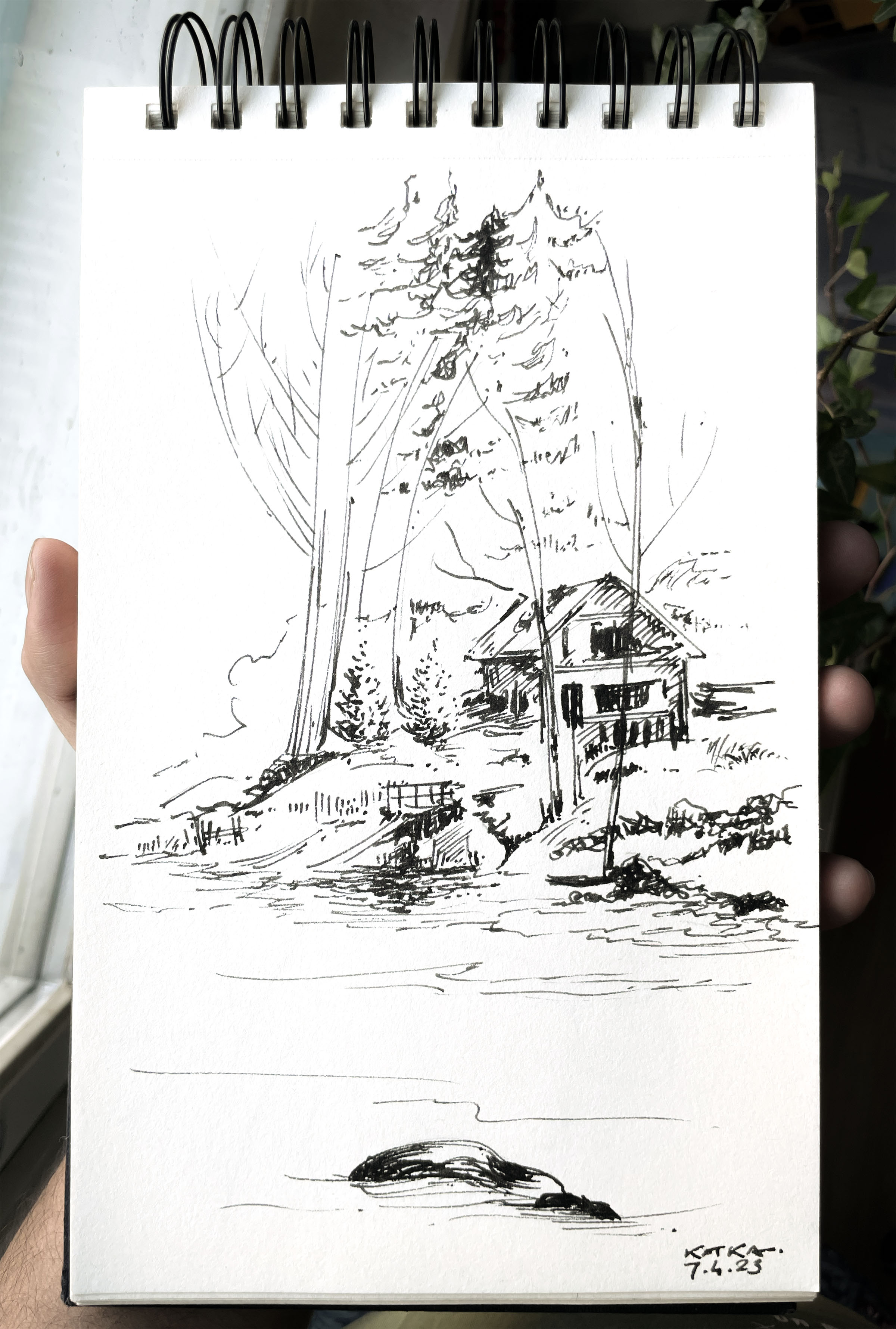Home is belonging, home is acceptance; where someone awaits you, where your hearth is. Home is also freedom — to revel in yourself free from the demands of social contexts and constructs. Home is a longing, an aching that manifests itself in our thoughtful youth and never quite goes away. Home is a dull monotonous familiarity that we try all our lives to vicariously escape but keep returning to; a certain safety in its non-exciting environs that we share with our pillars in life.

Homeward bound,
I wish I was homeward bound,
Home where my thought’s escaping,
Home where my music’s playing,
Home where my love lies waiting silently for me.
— Paul Simon (Homeward Bound)
But is home a place? Is it a physical manifestation of our wants, desires, joys, sorrows, insecurities and strength? Or is the physical imbued with value emanating from the world we construct in our minds? As a species, we live in our heads, and that is the locus of our homes. It is a virtual space inhabited by all that we love and draw strength from. A space we ascribe as the counterfoil to other spaces we inhabit, a space where we claim to come from, a space that molds us, a space we withdraw to, a space where we regenerate and live life anew each day.
We all have different aspirations for our homes, such as they be. Some see it as a repository of memories, thus stocking it with physical and imagined tokens of memory — sharing their lives as a book with friends and guests. Others see it as a personal, private space, hallowed and sacred in its solitude and fortress-like aloofness. Yet others make every space they inhabit their home by their expression of belonging.
The question of cultural apartheid and/or cultural integration is at the heart of all governments and informs our perception of the ways in which governance and culture compel the exoduses of peoples (voluntarily or driven) and raises complex questions of dispossession, recovery, and the reinforcement of siege mentalities. How do individuals resist or become complicit in the process of alienizing others’ demonization — a process that can infect the foreigner’s geographical sanctuary with the country’s xenophobia?
— Toni Morrison
Dispossession, alienation, demonization destroy homes. In this age of mass exoduses, almost the largest in the history of humankind; in the mass movement of intellectual- and knowledge-workers, refugees and humans in exile through political, persecutorial, violent means; homes have been destroyed for a large swath of human population. It remains to the rest of us to welcome them into our homes, shelter them, embolden them to construct their own in our midst. Without this, there can be no peace, there can be no strength, there can be no progress.
So where should we make our homes? What should we populate it with? That is for each one of us to decide for our own homes, but at the very least we should build our homes from spaces of strength that don’t diminish our fellow humans. Our homes should set us all free, our homes should bind us all to belonging.
पांच तत्व तीन गुण के
आगे मुक्ति मुकाम
जहां कबीर साह घर किया
वहां गोरख दत्त ना राम
Beyond the five elements and the three forces
Is the destination called freedom
Kabir built his home there
Beyond Gorakh, Dutt or Raam
— Kabir (translated by Vipul Rikhi)
In some ways, our homes are not our homes at all. They are ideas and spaces we transiently inhabit. They impart to us our strengths and take from us our struggles and un-belongings. Our homes reside in the homes of others, our homes reside within others, within a community that opens their hearts and hearths to us. In this crazy world of human constructs where we are held ransom by immigration, customs, politics and economics, we are home when we are accepted.
The stars belong in the deep night sky
and the moon belongs there too,
and the winds belong in each place they blow by
and I belong here
with you.
— M. H. Clark